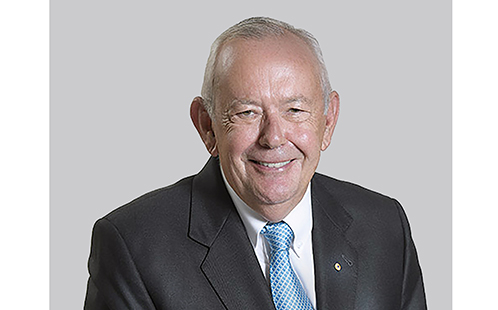Speaking with: Cameron McAuliffe on NIMBYs, urban planning and making community consultation work
The full 'speaking with' podcast with Cameron McAuliffe from the school of Social Sciences and psychology is available at The Conversation. (opens in a new window)
One of the most common complaints about community involvement in the urban planning process is “NIMBYism” – the “not in my backyard” cry from local residents, which developers and potential residents of medium-to-high-density apartments see as an impediment to healthy urban development and affordable housing.
At the same time, local residents often see the planning process as freezing them out of having any real say in development that can affect local amenities, transport and neighbourhood character.
Recent changes to planning legislation in New South Wales make community participation plans a mandatory part of the process, in an effort to put consultation at the centre of urban planning.
But how do you balance these two competing, seemingly antagonistic groups?
Dallas Rogers speaks with Cameron McAuliffe, Senior Lecturer in Human Geography and Urban Studies at Western Sydney University, about how urban planning can leverage the natural conflict between groups with very different demands to reach better solutions, why the NIMBY slur is often misplaced and how local resident action groups are working beyond the current urban planning system to achieve their goals.
This podcast reports on data in the research paper “Tracing resident antagonisms in urban development: agonistic pluralism and participatory planning”, to be published in Geographical Research.
ENDS.
5 April 2018
Latest News

Opinion: What do we lose when our old suburbs disappear?
I live on the edge of Parramatta, Australia’s fastest-growing city.

Opinion: Most bees don’t die after stinging – and other surprising bee facts
Most of us have been stung by a bee and we know it’s not much fun. But maybe we also felt a tinge of regret, or vindication, knowing the offending bee will die. Right? Well, for 99.96% of bee species, that’s not actually the case.

Western Sydney University receives transformational donation to support LGBTIQA+ community
Western Sydney University has welcomed a philanthropic donation from The Brennan Lynch Foundation.
Mobile options:

